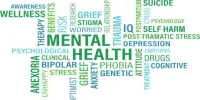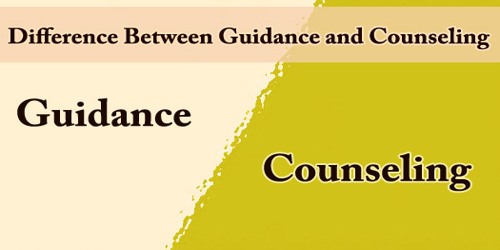The emotional and psychological response to a painful event or set of events that overwhelms an individual’s ability to cope is referred to as psychological trauma. It is an emotional reaction triggered by traumatic events that are outside the typical spectrum of human experience, with extreme instances include assault, rape, or a terrorist strike.
The event must be understood by the affected person as directly threatening the affected person or their loved ones with death, severe bodily injury, or sexual violence; indirect exposure, such as watching television news, may be extremely distressing and can result in an involuntary and potentially overwhelming physiological stress response, but it does not produce trauma per se.
Trauma can result from various experiences, including but not limited to:
- Violence or abuse: Physical, emotional, or sexual abuse can lead to trauma, especially if it occurs repeatedly or over an extended period.
- Natural disasters: Experiencing or witnessing natural disasters such as earthquakes, hurricanes, or floods can be traumatic.
- Accidents: Involvement in or witnessing serious accidents, such as car crashes or industrial accidents, can lead to psychological trauma.
- War or combat: Military personnel and civilians in war zones may experience trauma due to exposure to violence, death, and extreme stress.
- Loss or grief: The death of a loved one, especially in unexpected or tragic circumstances, can be traumatic and result in a range of emotional responses.
- Medical trauma: Serious illnesses, surgeries, or medical procedures can be traumatic, particularly if they involve pain, fear, or life-threatening situations.
- Terrorism: Individuals who experience or witness acts of terrorism may suffer psychological trauma due to the sudden and extreme nature of such events.
Short-term reactions such as psychological shock and psychological denial are typically followed. Long-term reactions and effects include bipolar disorder, uncontrollable flashbacks, panic attacks, insomnia, nightmare disorder, difficulties with interpersonal relationships, and post-traumatic stress disorder (PTSD). Physical symptoms including migraines, hyperventilation, hyperhidrosis, and nausea are often developed.
People react to comparable occurrences differently because their subjective perceptions differ. Most people who see a potentially traumatic occurrence are not psychologically traumatized, though they may be distressed and suffer. Some people get PTSD after witnessing a terrible event or series of events. This disparity in risk rate can be ascribed to protective traits that some people have that allow them to cope with adversity, such as temperamental and environmental factors like resilience and willingness to seek help.
















